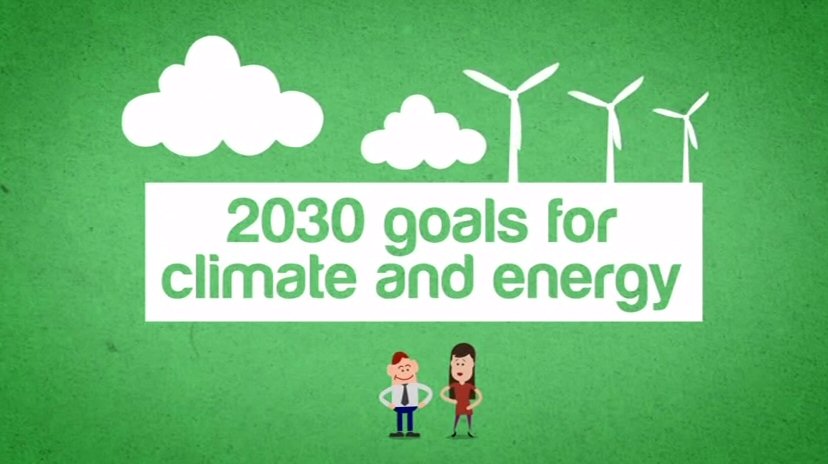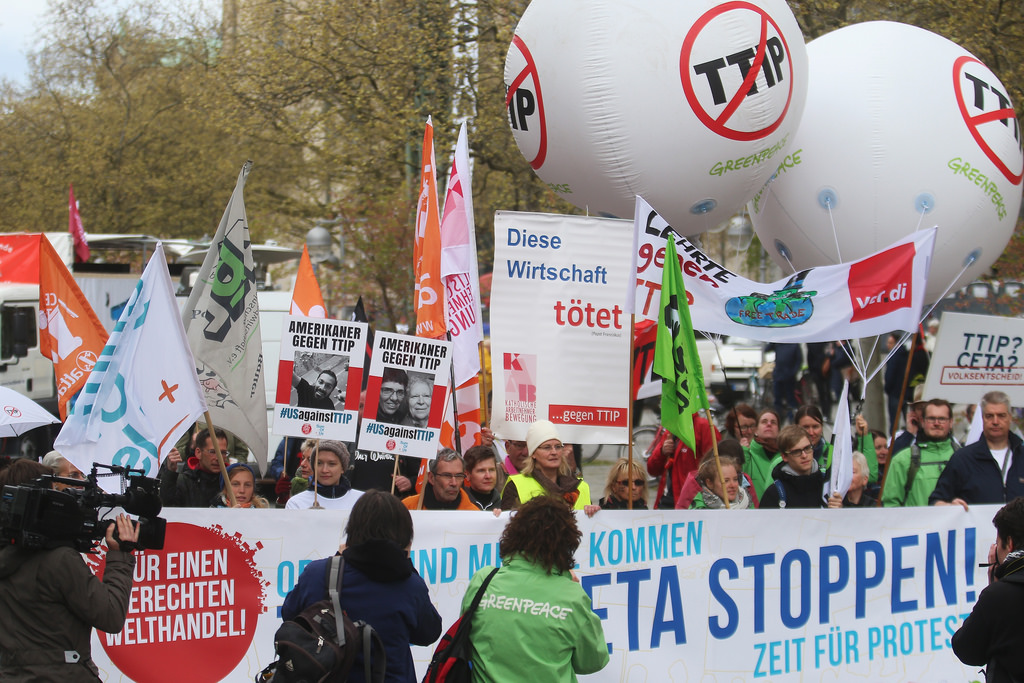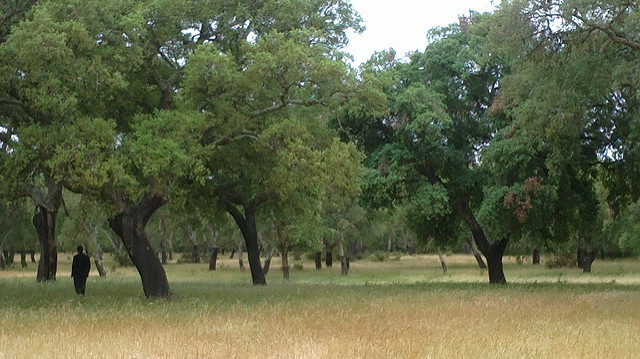In October 2014, the European Council agreed the 2030 policy framework for climate and energy policy. The framework sets out the European Union (EU)’s commitment to a binding target of at least a 40% domestic reduction in economy-wide greenhouse gas (GHG) emissions by 2030 compared to 1990, with the reductions in the Emission Trading System (ETS) and non-ETS sectors (NETS) amounting to 43% and 30% respectively by 2030 compared to 2005. The European Council also set an EU target of at least 27% for the share of renewable energy consumed in the EU in 2030, and an indicative target at the EU level of at least 27% for improving energy efficiency in 2030 compared to projections of future energy consumption based on current trends.… Read the rest
How external influences have shaped the CAP
When the external impact of the Common Agricultural Policy (CAP) is discussed, it is often in the context of evaluating the CAP’s impact on world markets and third countries. For example, there is a substantial literature which looks the coherence of the CAP with the EU’s development co-operation objectives by examining its impact on developing countries (see my 2014 review chapter here).
In a new study for the AGRI Committee of the European Parliament, Professor Alan Swinbank of the University of Reading turns this traditional focus on the impact of the CAP on world markets on its head. His study The Interactions between the EU’s External Action and the Common Agricultural Policy instead looks at how the external dimension of the EU – including trade policies pursued through the WTO and other international obligations and its development co-operation activities with neighbouring states and developing countries – have influenced the evolution of the CAP.… Read the rest
Impact of Brexit on the EU budget
In a post last month, I made some estimates of the likely impact of Brexit on the CAP budget and which member states would have to stump up if overall CAP spending were to be maintained following a UK exit from the EU. These estimates were based on particular assumptions about how to calculate member states’ notional contributions to the CAP budget and how to calculate the CAP share of the overall UK rebate.
Of course, Brexit would have budgetary consequences not only for the CAP but for the UK net balance of contributions to all EU policies and for the overall EU budget.… Read the rest
Karl Falkenberg’s reflections on the CAP
Karl who, you might well ask? Well, Mr Falkenberg has just published a reflections paper setting out a European vision for sustainability which goes into some detail about his views on the future of EU agricultural policy. Indeed, one-fifth of his relatively short document is devoted to this topic. You might well shrug that yet another viewpoint added to the hundreds of others (including those aired on this blog) discussing how Europe’s Common Agricultural Policy should be reformed after 2020 is hardly worth getting exercised about. But Mr Falkenberg’s views may deserve more attention than most.
After all, Mr Falkenberg spent more than six years as Director-General in DG ENVI after a distinguished career in the Commission civil service including a stint as Deputy Director-General in DG TRADE.… Read the rest



